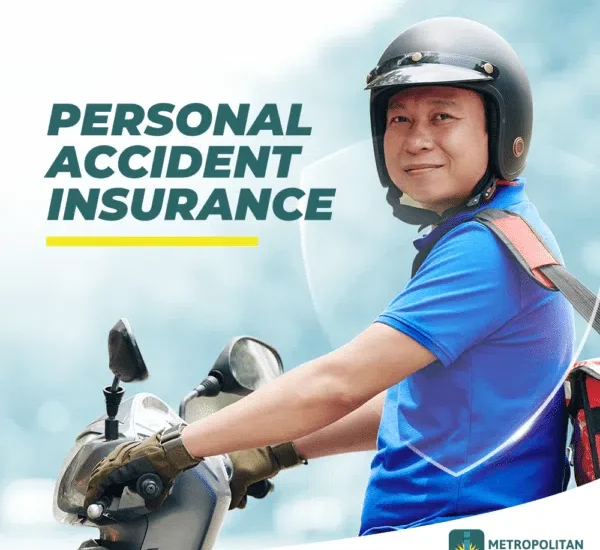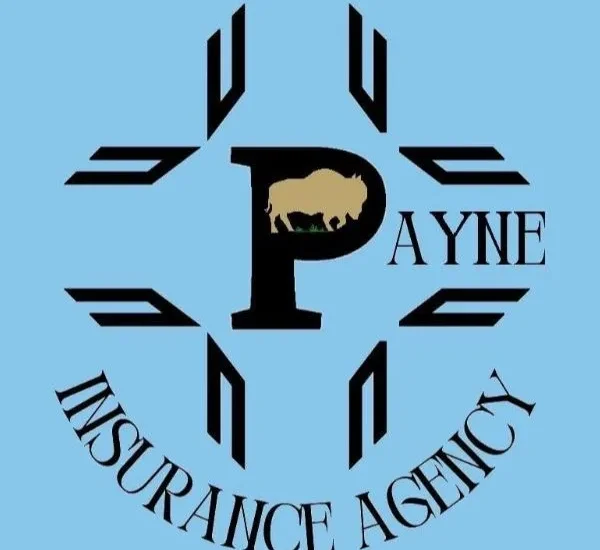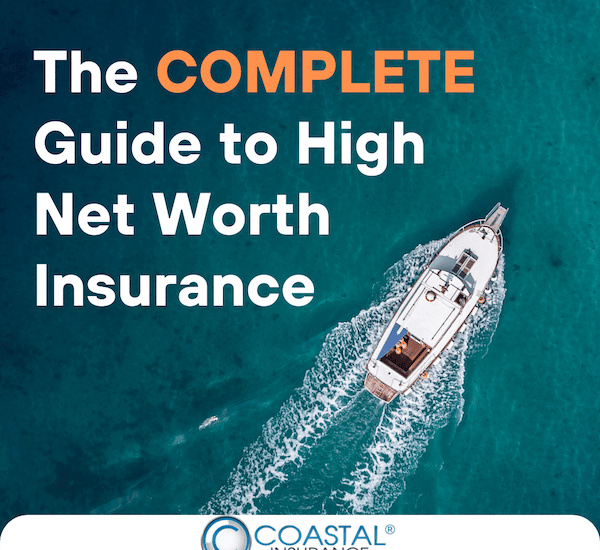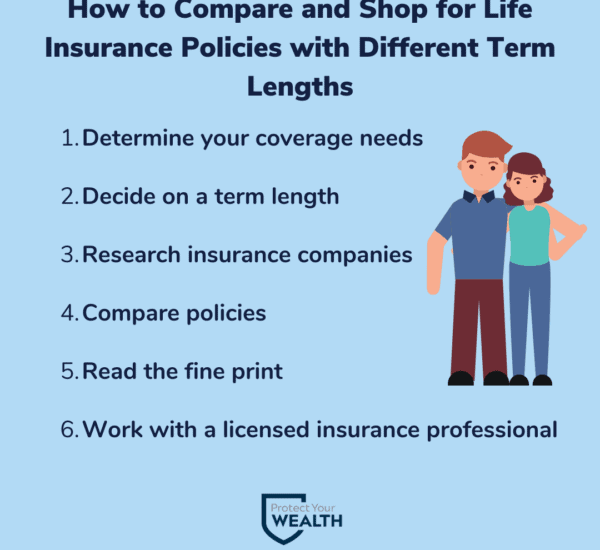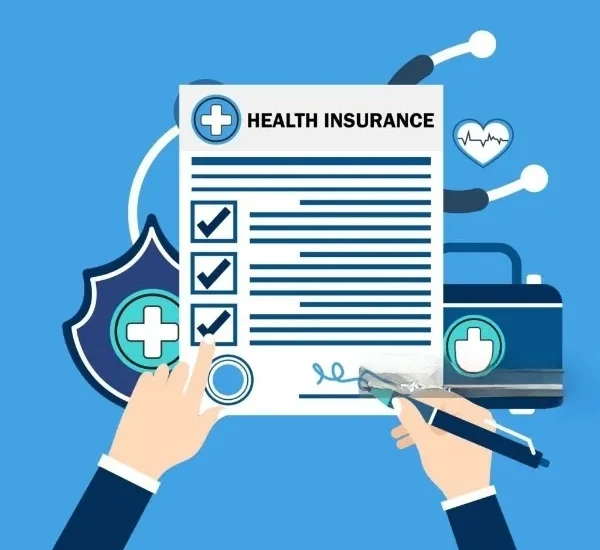In New Jersey, car accidents alone account for thousands of injuries annually, leading to significant medical debt and lost wages. Finding the right legal representation is crucial for navigating the complex personal injury system and securing fair compensation. This guide helps you identify the best personal injury law firms in NJ, focusing on factors like experience, success rates, and client communication.
Toc
- 1. Understanding Personal Injury Law in New Jersey: A Comprehensive Overview
- 2. Understanding Your Rights
- 3. Selecting the Best Personal Injury Lawyer in New Jersey: Critical Considerations
- 4. Related articles 01:
- 5. Navigating the Personal Injury Claim Process in New Jersey
- 6. Compensation for Personal Injury Claims in NJ
- 7. Current Trends in Personal Injury Law
- 8. Related articles 02:
- 9. Finding Resources and Support
- 10. Addressing Common Concerns
- 11. Conclusion: Your Path to Legal Compensation
Understanding Personal Injury Law in New Jersey: A Comprehensive Overview
Navigating the legal landscape of personal injury claims requires a deep understanding of New Jersey’s specific regulations and legal frameworks. For individuals seeking justice after an accident, knowledge is truly power.

The Fundamentals of Negligence and Liability
New Jersey’s personal injury law revolves around the critical concept of negligence. To successfully pursue a claim, plaintiffs must demonstrate:
- Proof of another party’s failure to exercise reasonable care: This could be a driver who runs a red light, a property owner who fails to fix a hazardous condition, or a medical professional who makes a critical error.
- Direct causation between negligence and sustained injuries: There must be a clear link showing that the negligent behavior directly resulted in the injuries you suffered.
- Quantifiable damages resulting from the incident: Plaintiffs need to provide evidence of damages, which can include medical bills, lost wages, and other related costs.
The state’s comparative negligence system adds complexity to personal injury cases. Under this framework, compensation can be reduced proportionally if the injured party shares partial responsibility for the accident. For example, if you are found to be 20% at fault for an accident, your compensation may be reduced by that percentage.
Illustration of Comparative Negligence: Consider a car accident where Driver A runs a red light and is deemed 70% at fault, while Driver B was speeding and is found 30% at fault. If Driver B’s total damages amount to $100,000, their compensation would be reduced by 30% due to their share of the fault. Thus, they would receive $70,000 in compensation. This example illustrates how comparative negligence can significantly impact the outcome of a personal injury claim.
Types of Compensable Damages in NJ
Personal injury claims typically encompass two primary damage categories:
- Economic Damages
- Medical Expenses: This includes hospital bills, rehabilitation costs, medication, and any future medical expenses related to the injury.
- Lost Wages: Compensation for income lost due to the inability to work during recovery, as well as potential future lost earnings if the injury impacts your ability to work.
- Property Damage: Costs associated with repairing or replacing damaged property, such as a vehicle in a car accident.
- Rehabilitation Costs: Expenses related to physical therapy or other rehabilitation services necessary for recovery.
- Non-Economic Damages
- Pain and Suffering: Compensation for the physical pain and emotional distress caused by the injury.
- Emotional Distress: This may include anxiety, depression, or PTSD resulting from the accident.
- Loss of Life Enjoyment: Compensation for the impact on your ability to enjoy life and engage in activities you previously enjoyed.
Statute of Limitations for Personal Injury Claims
In New Jersey, the statute of limitations for personal injury claims is generally two years from the date of the injury. This deadline is critical; failing to file your claim within this timeframe can result in losing your right to compensation. It’s advisable to consult with a personal injury attorney as soon as possible after an accident to ensure that your rights are protected.
Exceptions to the Two-Year Rule: There are exceptions to this two-year rule. For instance, if the injured party is a minor, the statute of limitations may be extended until they reach adulthood. Additionally, in cases involving latent injuries, such as those resulting from exposure to asbestos, the clock may not start until the injury becomes apparent. Understanding these nuances can be vital for those considering a claim.
Common Types of Personal Injury Cases in NJ
Personal injury law covers a wide array of cases in New Jersey. Common types include:
- Car Accidents: These are among the most frequent personal injury claims and can result from distracted driving, drunk driving, or speeding.
- Slip and Falls: Property owners have a duty to maintain safe environments. If you suffer injuries due to unsafe conditions, you may have a premises liability claim.
- Medical Malpractice: This involves negligence by healthcare professionals, leading to patient harm.
- Product Liability: Manufacturers can be held responsible for injuries caused by defective products.
- Wrongful Death: If a loved one dies due to someone else’s negligence, you may be able to file a wrongful death claim.
Understanding Your Rights
Understanding your rights as an accident victim in New Jersey is paramount. You have the right to seek compensation for your injuries, medical expenses, lost wages, and pain and suffering. You also have the right to pursue legal action against negligent parties and to consult with a personal injury attorney to help you navigate this process. Recognizing these rights empowers you to take proactive steps toward recovery and justice.
Selecting the Best Personal Injury Lawyer in New Jersey: Critical Considerations
Key Attributes of Top-Rated Personal Injury Attorneys
When searching for the best personal injury law firms in NJ, consider these essential qualities:
- Proven Track Record: Documented success in similar case types is crucial. Look for attorneys who have won substantial settlements or verdicts in personal injury cases similar to yours.
- Specialized Experience: It’s vital to choose a lawyer who specializes in personal injury law. This ensures they are familiar with the nuances of the law and can effectively navigate the claims process.
- Client Testimonials: Positive feedback from previous clients can provide insight into an attorney’s effectiveness and professionalism. Look for reviews on platforms like Avvo, Google, and Yelp.
- Communication Skills: Clear and open communication is essential in a client-attorney relationship. You want an attorney who listens to your concerns, answers your questions, and keeps you informed throughout the process.
- Resources: A well-established law firm will have the resources necessary to build a strong case. This includes access to expert witnesses, investigators, and support staff.
Avoiding Attorney Misconduct
While seeking legal representation, it’s essential to be aware of potential attorney misconduct. Common forms of misconduct in personal injury cases include:
- Failure to Communicate: Some attorneys may not keep clients informed about their case’s progress, leading to frustration and confusion.
- Overcharging Fees: Ensure you understand the fee structure before hiring an attorney. Unexpected charges can lead to disputes down the line.
- Lack of Diligence: An attorney who does not actively pursue your case may jeopardize your chances of receiving fair compensation.
To avoid these pitfalls, conduct thorough research, read client reviews, and ensure clear communication regarding fees and expectations from the outset.
2. https://dienthoaivogo.com/mmoga-finding-the-best-lawyer-for-accidents-your-guide-to-justice/
4. https://dienthoaivogo.com/mmoga-finding-the-best-slip-and-fall-attorney-for-your-needs/
Evaluating Law Firm Credentials
Top-rated personal injury lawyers in New Jersey typically demonstrate:
- Membership in Professional Associations: Membership in organizations like the New Jersey State Bar Association and the American Association for Justice can indicate a commitment to the profession.
- Recognition from Legal Directories: Look for lawyers who are listed in legal directories such as Super Lawyers or Best Lawyers in America.
- Successful Case Settlements: Inquire about the law firm’s history of successful settlements and verdicts. A high success rate can indicate a strong ability to advocate for clients.
- Peer and Client Recommendations: Personal referrals from friends or family members can be invaluable in finding a reputable attorney.
Fee Structures to Understand
Most reputable personal injury attorneys in New Jersey operate on a contingency fee basis, meaning:
- No Upfront Legal Fees: You do not have to pay any legal fees unless your attorney successfully recovers compensation for you.
- Payment Only Upon Successful Case Resolution: If your case is successful, your attorney will take a percentage of the settlement or award, typically ranging from 33% to 40%.
- Additional Costs: Be aware of potential costs that may arise during the legal process, such as filing fees, expert witness fees, and other litigation-related expenses. These should be discussed upfront with your attorney.
Drawbacks of Contingency Fees: While contingency fees are beneficial as they reduce financial pressure on clients, they can also incentivize attorneys to settle cases quickly, potentially for less than the case’s full value. Furthermore, clients should remember they are still responsible for costs like expert witness fees, even if the case is ultimately lost. It’s vital to clarify these aspects during the initial consultation.
Success Rates as a Key Indicator
While a high success rate is a positive indicator when evaluating law firms, it shouldn’t be the sole deciding factor. The complexity of your case, the jurisdiction it falls under, and the specific details unique to your situation must all be considered. A firm may have a high success rate but may not have experience with the specific nuances of your case type.
Understanding the personal injury claim process can alleviate some of the stress associated with pursuing compensation.
Initial Steps After an Accident
- Seek Medical Attention: Your health should be your top priority. Even if you believe your injuries are minor, seeking medical attention is crucial. This not only ensures your well-being but also creates a medical record that can be vital for your claim.
- Document the Scene of the Accident: If possible, take photographs of the accident scene, including any relevant road conditions, signage, and injuries. Gathering witness contact information can also provide crucial evidence later.
- Report the Accident: If applicable, file a police report. This document can serve as an official account of the incident and may be necessary for your claim.
Building Your Case
The foundation of a successful personal injury claim rests on meticulously gathered evidence proving both liability and the full extent of your injuries. This includes:
- Medical Records: Obtain copies of all medical records related to your treatment. This documentation will help demonstrate the extent of your injuries and the associated costs.
- Police Reports: If law enforcement was involved, request a copy of the police report. This can provide an official account of the incident.
- Witness Statements: Collect statements from any witnesses who saw the accident. Their accounts can support your version of events.
- Photographs: Keep a record of photographs taken at the scene and of your injuries. These visual aids can be powerful evidence in your case.
Negotiation and Settlement
Negotiating with insurance companies can be challenging. Be prepared for initial settlement offers that may not reflect the full extent of your damages. A skilled personal injury attorney can negotiate on your behalf to secure a fair settlement. Key strategies include:
- Presenting Comprehensive Documentation: A strong case is built on solid evidence. Ensure all medical records, bills, and documentation of lost wages are organized and presented to the insurance company.
- Understanding Your Claim’s Value: Work with your attorney to assess the full value of your claim, including both economic and non-economic damages.
- Be Prepared to Counter Offer: Insurance companies often start with low offers. Be ready to negotiate and counter with a well-supported demand.
Litigation
If negotiations do not lead to a satisfactory settlement, your case may proceed to litigation. This process involves:
- Filing a Lawsuit: Your attorney will file a complaint in the appropriate court, outlining your case and the damages sought.
- Engaging in Discovery: Both parties exchange information and evidence. This can include interrogatories (written questions), depositions (sworn testimony), and requests for documents.
- Trial: If the case does not settle during the litigation process, it may go to trial. A judge or jury will hear the case and make a determination regarding liability and damages.
Compensation for Personal Injury Claims in NJ
When pursuing a personal injury claim, it is important to understand the types of compensation available.
Economic Damages
Economic damages can be easily quantified. This category includes:
- Medical Expenses: All costs associated with your treatment, including hospital bills, surgeries, physical therapy, and medications.
- Lost Wages: Compensation for income lost due to your inability to work while recovering from your injuries.
- Rehabilitation Costs: Expenses for any rehabilitation services necessary to regain function or mobility.
- Property Damage: Costs associated with repairing or replacing property, such as vehicles involved in accidents.
Non-Economic Damages
Non-economic damages, such as pain and suffering, are more subjective. These damages reflect the emotional and psychological impact of your injuries. While harder to quantify, they are crucial in achieving a comprehensive compensation package. This can include:
- Pain and Suffering: Compensation for physical pain endured as a result of the injury.
- Emotional Distress: Damages for anxiety, depression, or other psychological effects stemming from the accident.
- Loss of Enjoyment of Life: Compensation for the impact of the injury on your ability to enjoy activities you once loved.
Wrongful Death Claims
In cases of wrongful death, surviving family members may file a claim for damages. This can include:
- Funeral Expenses: Costs associated with burial and memorial services.
- Lost Income: Compensation for the deceased’s lost wages and future earning potential.
- Loss of Companionship: Damages for the emotional suffering and loss of support experienced by surviving family members.
Current Trends in Personal Injury Law
Increased Use of Technology in Personal Injury Cases
The legal landscape is evolving, with technology playing a significant role in personal injury cases. The use of dashcam footage, smartphone video evidence, and social media posts has become increasingly prevalent in gathering evidence. For example, video evidence can provide a clearer picture of the events leading up to an accident, often corroborating witness statements and enhancing the credibility of a claimant’s account.
These technological advancements not only aid in evidence gathering but can also impact case outcomes by providing irrefutable proof of liability. As these tools become more accessible, they will likely continue to shape how personal injury cases are approached and litigated.
Rise of Telemedicine and its Impact on Personal Injury Claims
Telemedicine has become a significant aspect of healthcare, especially in the wake of the COVID-19 pandemic. While telemedicine offers convenience, it also introduces challenges in personal injury cases. Proving injuries diagnosed remotely can be more complex, as the physical examination aspect is often limited.
1. https://dienthoaivogo.com/mmoga-finding-the-best-slip-and-fall-attorney-for-your-needs/
2. https://dienthoaivogo.com/mmoga-finding-the-best-lawyer-for-accidents-your-guide-to-justice/
Additionally, the admissibility of telemedicine records as evidence is still a developing area in the legal field. Courts may scrutinize these records more than traditional in-person evaluations, which could affect how cases are presented. As telemedicine continues to evolve, its implications for personal injury claims will be a vital consideration for both attorneys and clients alike.
Finding Resources and Support
Navigating the aftermath of an accident can be daunting, but various resources are available to assist you.
List of Personal Injury Lawyers in NJ
A well-researched list of personal injury lawyers can be a valuable resource. Look for attorneys with proven track records and positive client feedback. Searching for “top-rated personal injury lawyers near me” can help you find local options that suit your needs. Consider checking platforms like:
- Avvo: Provides ratings and reviews for attorneys based on client feedback.
- Martindale-Hubbell: Offers peer-reviewed ratings for legal professionals.
- Google Reviews: A simple search can yield reviews from clients regarding their experiences with specific attorneys or law firms.
Support Groups and Organizations
Local support groups can provide emotional assistance and practical resources for accident victims and their families. Engaging with these organizations can help you connect with others who understand your experience. Consider reaching out to:
- Accident Victim Support Groups: Many communities have support groups specifically for accident victims, offering emotional support and shared experiences.
- Local Nonprofits: Organizations focused on victims’ rights can provide resources and information on navigating the legal process.
Additional Resources
Utilizing resources like the New Jersey State Bar Association can provide further information on legal rights and available services. Government websites often have valuable information regarding personal injury laws and processes, including:
- New Jersey Division of Consumer Affairs: Offers resources and information on consumer rights and protections.
- New Jersey Judiciary: Provides information on court processes and legal forms.
Addressing Common Concerns
Many individuals have questions about personal injury claims and the legal process. Here are some common concerns.
Can I Still Win If I Was Partially at Fault?
Yes, New Jersey’s comparative negligence law allows you to recover damages even if you are partially at fault for the accident. However, your compensation may be reduced based on your percentage of fault. For example, if you are found to be 30% at fault, your damages would be reduced by that percentage.
What If I Don’t Have Health Insurance?
Not having health insurance can complicate medical treatment, but it does not prevent you from pursuing a personal injury claim. Medical providers may work with you on payment plans, and your attorney can help negotiate these costs as part of your settlement. Additionally, many personal injury attorneys can assist in finding medical providers who will treat you on a lien basis, meaning they will wait for payment until your case is resolved.
How Are Attorney Fees Handled?
Most personal injury attorneys operate on a contingency fee basis. This means you will not owe any legal fees unless your attorney successfully recovers compensation for you. Be sure to clarify the fee structure during your initial consultation, including any additional costs that may arise during the legal process.
What Is a Contingency Fee?
A contingency fee is a payment structure where your attorney is compensated only if you win your case. This arrangement can ease the financial burden on accident victims, allowing them to pursue their claims without upfront costs. It also incentivizes attorneys to work diligently on your case, as their payment is contingent upon a successful outcome.
What Are the Risks of Contingency Fees?
While contingency fees provide benefits, they can also lead to potential drawbacks. Attorneys may feel pressured to settle cases quickly to secure their payment, which might result in settling for less than the true value of your claim. Furthermore, clients are still responsible for any costs incurred during the legal process, such as expert witness fees, even if the case is ultimately lost.
Conclusion: Your Path to Legal Compensation
Finding the best personal injury law firms in NJ requires thorough research, understanding of legal nuances, and strategic selection. By focusing on experienced attorneys, understanding your rights, and maintaining comprehensive documentation, you significantly improve your chances of securing fair compensation.
Remember, time is critical in personal injury claims. The sooner you seek professional legal guidance, the stronger your potential case becomes. Don’t navigate this complex journey alone — connect with a top-rated New Jersey personal injury attorney who can advocate effectively on your behalf. Whether you are facing the aftermath of a car accident, medical malpractice, or any other personal injury claim, securing competent legal representation is essential to achieving justice and moving forward with your life.

